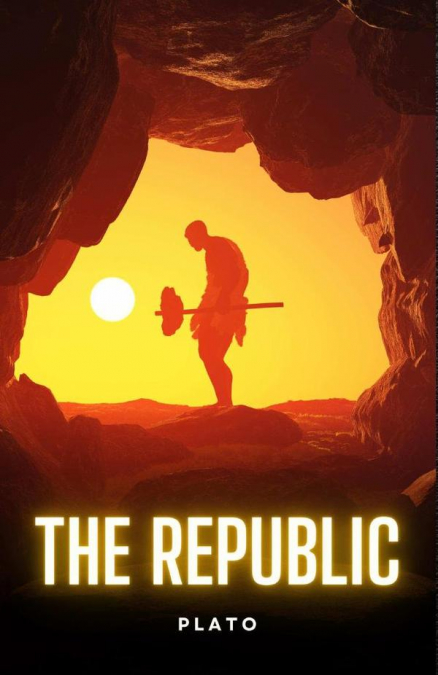
Aristotle
'The Republic' by Plato is a timeless philosophical masterpiece that delves into the intricate workings of an ideal state and explores fundamental questions about justice, morality, and governance. Written in the form of a dialogue between Socrates and his contemporaries, this influential work presents a compelling vision of a just society.Plato’s 'The Republic' invites readers into a thought-provoking journey where the concept of justice is dissected and analyzed.Through captivating dialogues and vivid imagery, it challenges conventional notions of governance and advocates for a philosopher-king as the ideal ruler. Plato’s exploration of different forms of government, from aristocracy to tyranny, provides a captivating glimpse into the strengths and weaknesses of each.Moreover, 'The Republic' delves into the psyche of individuals and society, unraveling the intricate connection between morality, knowledge, and the well-ordered state. Plato’s use of allegories, notably the allegory of the cave, leaves a lasting impression, urging readers to contemplate the nature of reality and the importance of enlightenment.In summary, 'The Republic' is a profound philosophical work that not only ignites intellectual curiosity but also challenges us to critically evaluate our societal values and the essence of an ideal civilization. It remains a fundamental text, leaving an indelible mark on the realms of philosophy, politics, and ethics.